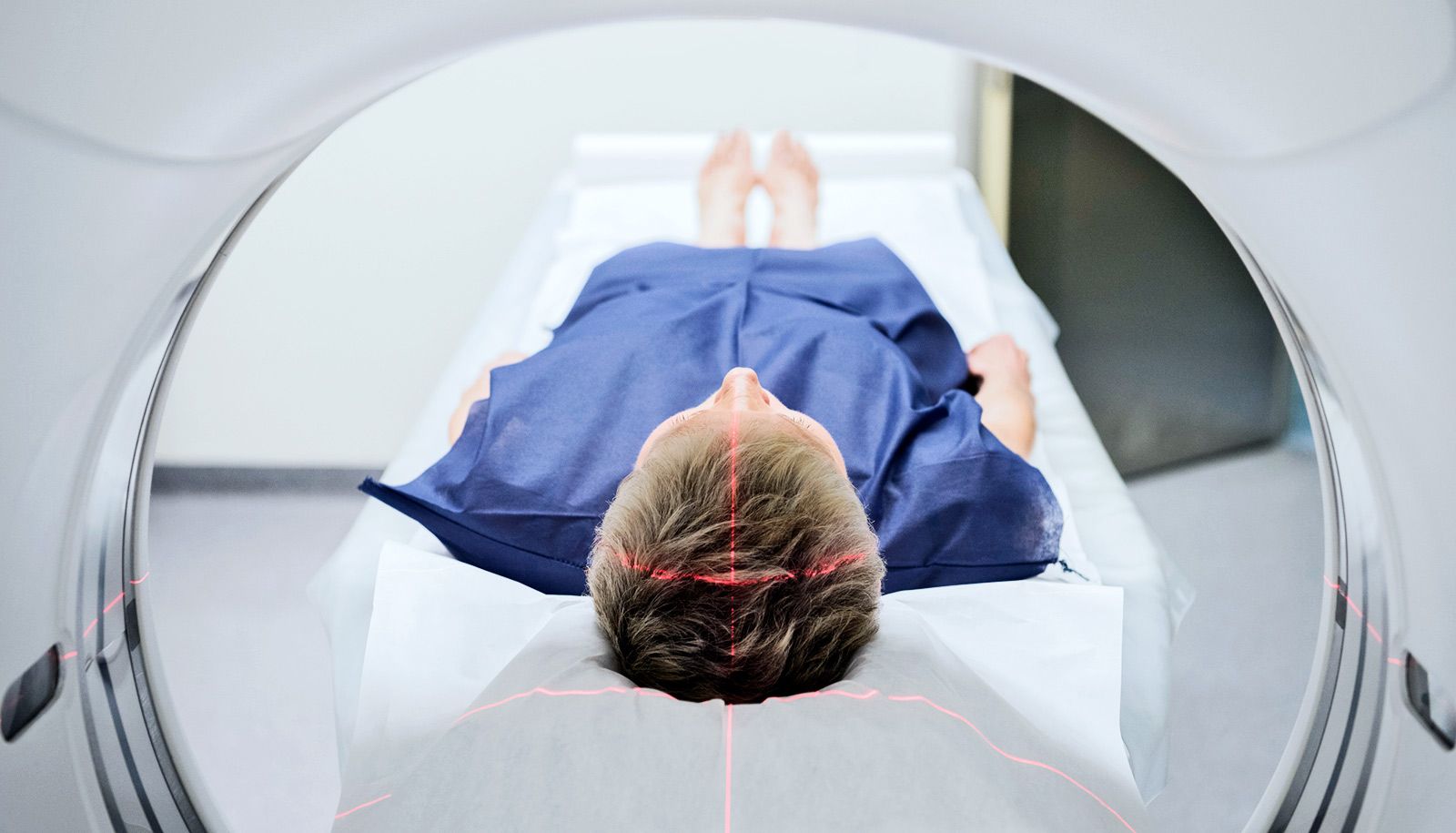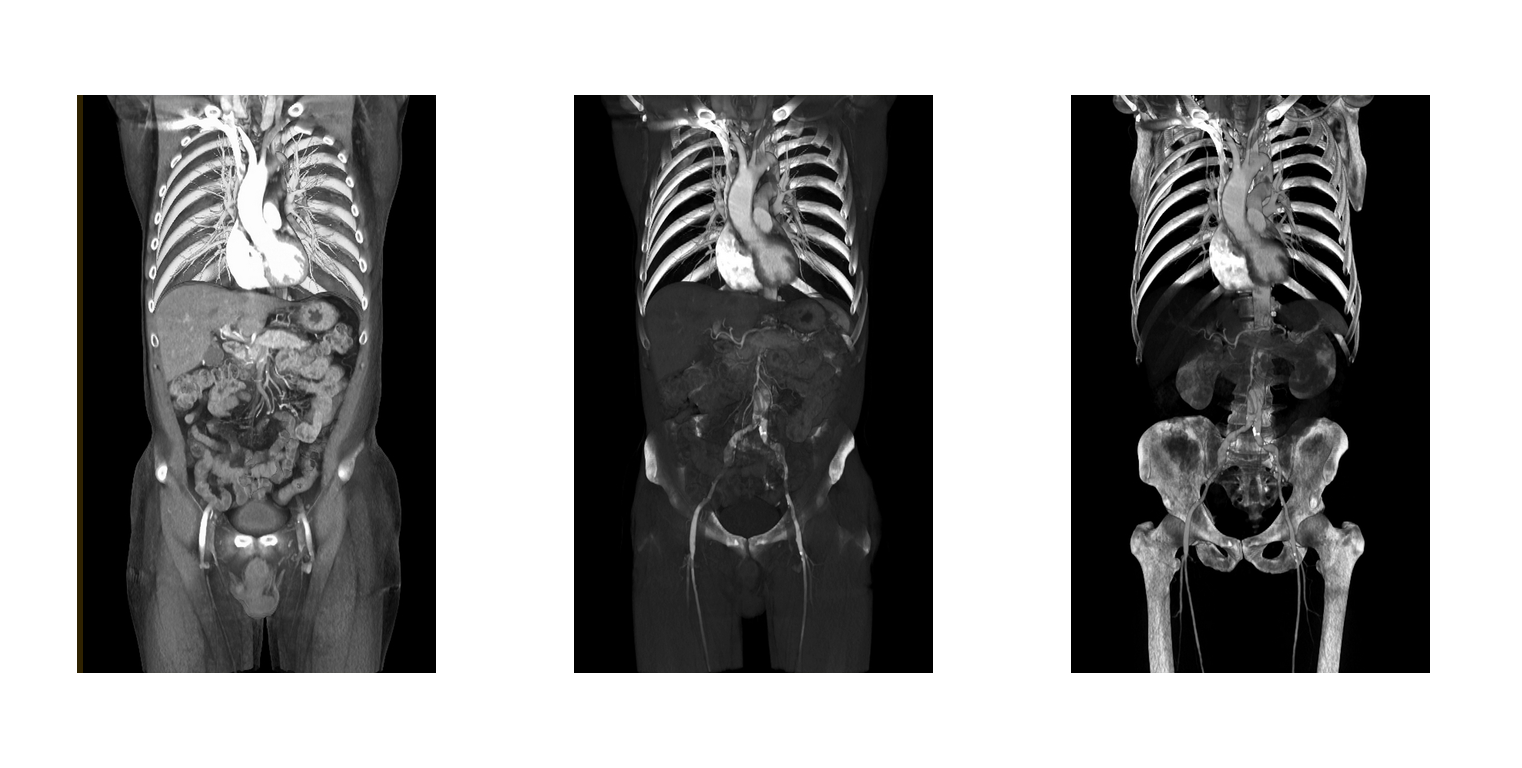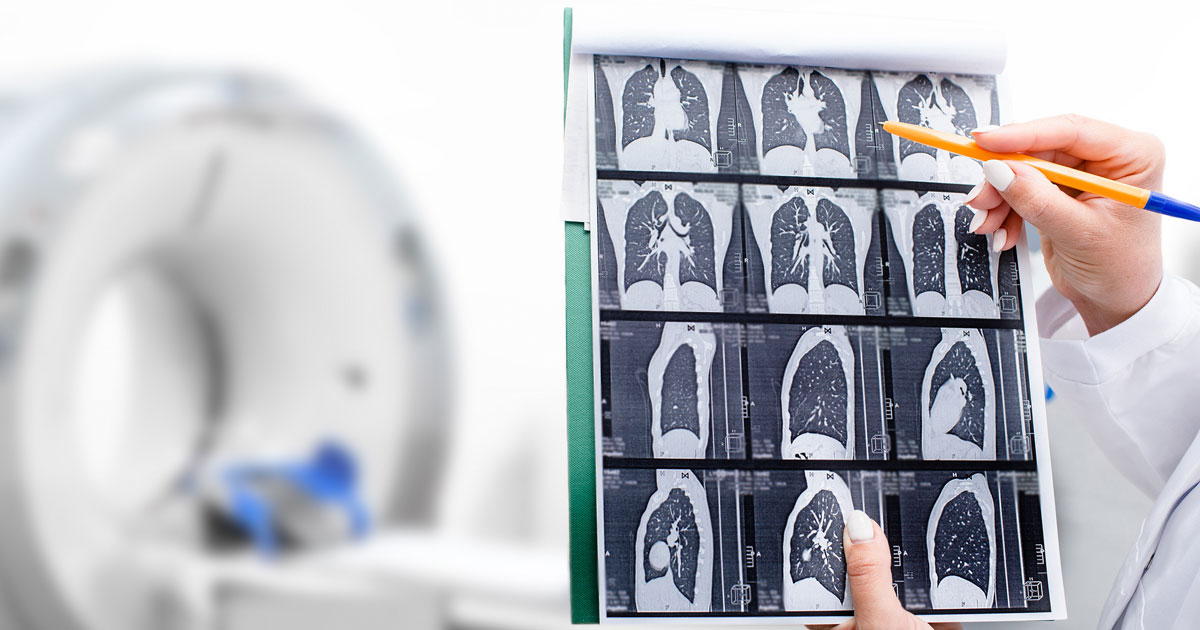Full-body MRI, also known as whole-body MRI, is a non-invasive medical imaging technique that enables a comprehensive examination of the entire body to be performed. Another name for this technique is whole-body MRI. Full-body MRIs, as opposed to traditional MRI scans, which tend to concentrate on particular regions of the body such as the joints or the brain, offer a more comprehensive look at the organs, tissues, and structures that make up the human body. This cutting-edge imaging modality has brought about a revolution in the field of diagnostic medicine. It has made it possible for medical professionals to accurately diagnose and monitor a much wider variety of conditions and diseases.
The capability of full-body MRI to detect abnormalities in multiple parts of the body with just a single scan is one of the technology’s most significant benefits. This eliminates the need for patients to undergo multiple imaging tests in order to evaluate various parts of their bodies or different systems. It is possible for doctors to identify potential problems in a variety of organs and tissues of the body, such as the heart, lungs, liver, kidneys, and bones, by obtaining an overall picture of the body. This all-encompassing method of imaging makes it possible to conduct a more in-depth assessment of a patient’s overall health, which, in turn, can result in the earlier diagnosis and treatment of diseases.
MRIs are safe and can be used in many ways. They can look for many different signs of health, and there are different kinds of scans that can help them figure out what's wrong.
The fact that a full-body MRI is non-invasive is yet another advantage offered by this imaging modality. In order to create detailed images, magnetic resonance imaging (MRI) makes use of powerful magnets and radio waves, as opposed to other imaging methods such as CT scans and X-rays, which require the use of ionizing radiation. Because of this, it is a more secure choice for patients, especially those who might be more sensitive to radiation or who need to undergo multiple imaging studies over the course of their treatment. In addition, patients do not need to worry about being uncomfortable or stressed out during their full-body MRI because the procedure does not involve any injections or exposure to potentially hazardous substances.
In particular, the early detection and monitoring of cancer with a full-body MRI can be extremely beneficial. Because it can visualize the entire body, this imaging technique can detect tumors or suspicious lesions in a variety of organs long before the onset of any symptoms. When cancer is found at an earlier stage, when it is more treatable, patients have a better chance of surviving their illness and treatment options are typically more successful. In addition, a full-body MRI can be utilized to monitor the development of cancer as well as evaluate the efficacy of treatment, which enables timely adjustments to be made, should they be required.
It is essential to be aware of the limitations of full-body MRI scans, despite the fact that these scans offer many benefits. Full-body MRI scans require specialized equipment and personnel, which some hospitals simply do not have. This is one of the limitations of the technology. In comparison to various other imaging procedures, the cost of the procedure may also be significantly higher. In addition, individuals who have metal implants or devices may not be candidates for a full-body MRI because the powerful magnets used in the scanning process can cause interference. Before deciding whether or not a full-body MRI is appropriate for their individual requirements, patients should absolutely discuss their options with their primary care physicians and submit themselves to a comprehensive examination.
In conclusion, magnetic resonance imaging (MRI) of the full body is a powerful tool in diagnostic medicine that provides an in-depth analysis of the entirety of the body. Its non-invasive nature and the fact that it is able to detect abnormalities in multiple areas at the same time make it an appealing option for patients as well as for their treating physicians. Full-body MRI has unquestionably revolutionized the field of medical imaging, and it continues to play an important part in the early detection and monitoring of diseases, despite the fact that there are some limitations to take into consideration.





